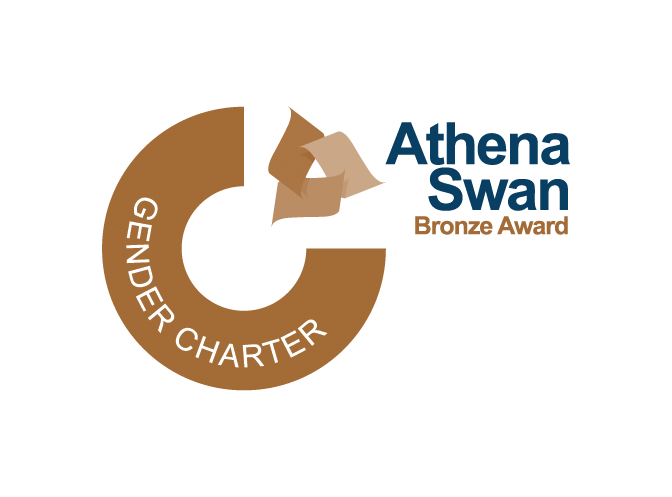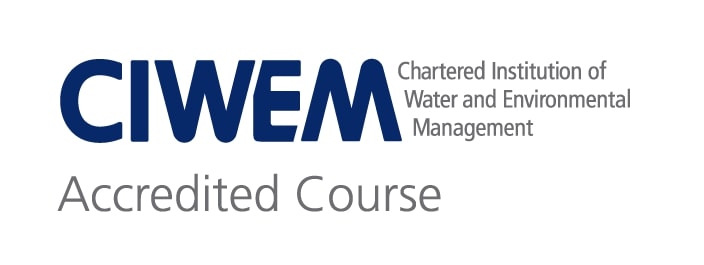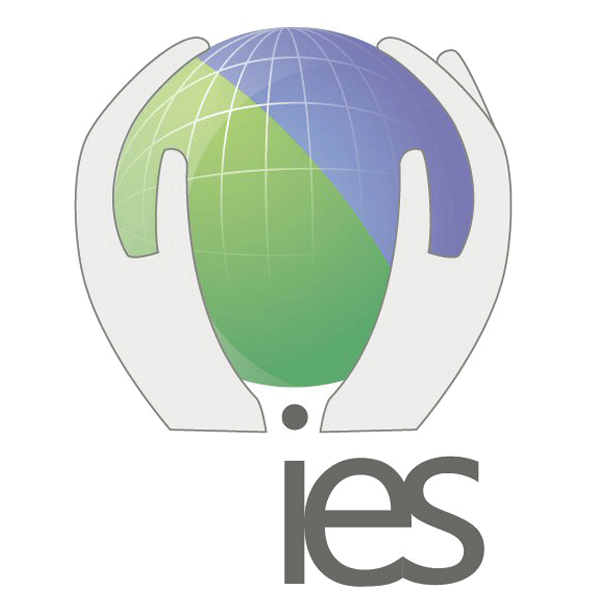Julia Cooke: Fieldwork is a fundamental component of ecology and environmental curriculum. Here at The Open University we've been taking students into the field for decades, but some students can lack confidence to begin field studies or maybe find getting into the field difficult. So we've developed field casts using a system called OU Life we're able to webcast to students literally live from the field. Using these interactive widgets students are able to drive the investigation they're able to choose the topics we study, develop hypotheses, methods right through to the analysis. We use this to develop an investigation into a species rich meadow.
We wanted to make the field experience as authentic as possible so we broadcast rain or shine. As presenters we give the students the information they need to make an informed decision, but the decision belongs to the students. That means we have a student-led project in a tutor-led structure. As presenters we don't know what decision the students are going to make so we don't know how it's going to happen - that keeps us on our toes. But that's the way fieldwork works.
Phil Wheeler: Fieldwork is really important because you can't understand the environment without actually getting out there and seeing how it works. There's also some formal requirements that students studying environmental science need to do field work - otherwise their degree doesn't count as an environmental science degree. But of course if you're doing that remotely, then the ability to sort of really interact and to feel that you're in the environment is a challenge, so we try and make it interactive - we do make it interactive with a series of interactive widgets that are designed into the system that the student looks at.
So we have a sort of framework that we use, we know generally what we want the students to get from the activity but we don't have anything pinning us down as to what we're going to do. So the students choose their way through the exercise. We've got choices for them to make but they come up with the things that go in those choices and they decide what, from those choices, they're going to do.
Julia Cooke: We're going to assess the field cast by surveying students. We're going to survey them before the fieldcast, after the fieldcast, and then compare that to how students learn on the tutor-led field course. We're going to follow that up with some semi-structured interviews.
Kadmiel Maseky: It's nice to be part of this innovative project, this innovative teaching project, and having this real-time interaction with, and feedback from, our students. This is really, really cool. I just enjoy being in the field, so no I don't find it daunting presenting from the field any more than I do from any other situation. We have three presenters mainly because there's quite a lot going on in the live situation we have the widgets we have to be checking, of course there's someone talking and presenting, and then someone else who might be saying things that they might have forgotten to say and holding up the equipment to show you the equipment.
So there's just quite a lot of things going on it that we have to juggle, but also because fieldwork tends to be a sort of interactive and collaborative process and we're good friends as well as colleagues. So we enjoy working with each other and we want to sort of convey this aspect of the fieldwork process to the students.
Kate Bradshaw:: Everything is battery-powered, so the feed comes from the cameras and the mics and it's mixed using a web broadcasting application. That's then sent out via a 4G broadband connection, via web streaming service, so that students can pick it up in their browsers. And actually the biggest challenge is always going to be the weather, hopefully it's dry and then we can run in a very straightforward manner. The next biggest challenge really is getting everybody to work together. We all have our own strengths and aims and objectives and so a sound script and rehearsals are incredibly important. But once those are planned in and working generally everything runs smoothly and everybody works together extremely well.
Julia Cooke: We're working on a project supported by the eSTEeM program to evaluate the effectiveness these field casts. Do students enjoy them? Do they develop their confidence? And does the student-led structure deepen learning doing fieldwork? Fieldwork is a fundamental part of our own research and it allows the students to consolidate their learning, and put what they've learned in the course material into practice. And also by developing their practical skills we can increase their employability.



